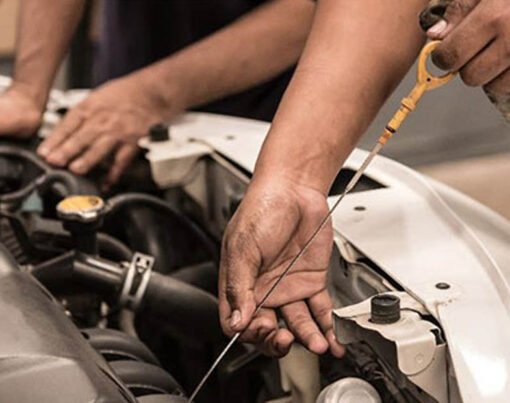Table of Contents
I. Introduction of Nissan EVs
Nissan has been a well-known automotive manufacturer pushing the boundaries of electric vehicle technology for years. The company’s line of electric vehicles, or EVs, offers a range of options for consumers looking to switch to a more sustainable mode of transportation. From compact city cars to spacious family vehicles, Nissan has an EV to suit every need.
One of the most popular models in Nissan’s EV lineup is the LEAF, which has been on the market for over a decade. The LEAF is known for its impressive driving range, affordable price point, and practicality. Additionally, Nissan also offers the Ariya, a sleek and stylish SUV that offers a premium driving experience with the added benefit of zero emissions.
Nissan’s commitment to electric vehicle technology is also evident in their ProPILOT Assist, a driver assistance technology that helps make the driving experience more comfortable and efficient. This system is available in several of Nissan’s EV models.
Nissan also strongly focuses on sustainability, not only in their vehicles but also in their manufacturing process. The company has implemented several initiatives to reduce its carbon footprint and promote sustainable practices within the automotive industry.
II. How to Choose Your Nissan EV Chargers?
There are several factors to consider when choosing an EV charger for your Nissan electric vehicle.
The type of EV charger
One of the most important factors is the type of charger. Level 1, Level 2, DC fast chargers, and portable EV chargers are the four primary categories of EV chargers.
The most basic kind of chargers are Level 1 chargers, frequently used to charge your EV overnight at home. The Level 1 charger can charge a Nissan LEAF in 20 to 22 hours using a regular 120-volt outlet. In contrast, level 2 chargers use a 240-volt outlet and can fully charge a Nissan LEAF in 7-8 hours. These chargers are a fantastic choice for people who don’t have a dedicated charging area at home because they are more frequently seen in public settings like parking garages.
The most effective type of charger is the DC fast charger. It can fully charge a Nissan LEAF in as little as 40 minutes. This charger allows simultaneous usage by different vehicles and is mostly found at commercial and public charging stations. However, compared to Level 1 or Level 2 chargers, DC fast chargers are more expensive to install and maintain. It also costs more to use the DC fast chargers.
Finally, the other type of EV charger is a portable EV charger. It can be plugged into any regular 120-volt outlet and is used to charge your EV on the go. The portable EV chargers are a smart solution for people who frequently travel and need to charge their vehicles while on the road.
EV charger Manufacturer
Some of the most popular EV charger manufacturers include Nissan, Tesla, ChargePoint, and EV-TOP. Each manufacturer offers various charging options to suit different needs and budgets.
Another important factor to consider when choosing an EV charger for your Nissan electric vehicle is the connectivity options. Some chargers have WiFi integration, allowing you to use your smartphone or tablet to monitor and manage the charging process remotely. Other chargers may offer features such as automatic scheduling and cost tracking, which can be useful for managing your charging costs and ensuring your vehicle is always fully charged when needed.
Charger Location
The EV charger’s location is also a key factor in decision-making. You will want to consider how close the charger is to your home or office and how easily accessible it is. Charging stations in convenient locations such as grocery stores, shopping centers or parking garages may be more attractive than stations in remote or less accessible areas.
Cost of the EV charger
Another important factor is the cost. The EV charger cost can vary widely depending on the type, the manufacturer, and the installation costs. DC fast chargers are normally the most expensive, while level 1 and level 2 chargers typically cost less. You’ll want to consider the upfront costs and the long-term costs of ownership when making your decision.
III. Conclusion
When choosing the charger for your Nissan EV, you should consider the charger type, the manufacturer, the connectivity options, the location, and the cost. Among the top EV charger manufacturers, EV-TOP is considered the top company in the market. They offer a wide range of charging options to suit different needs and budgets, including Level 1, Level 2, and DC fast chargers and portable EV chargers. Additionally, EV-TOP offers a range of connectivity options, including built-in WiFi, automatic scheduling, and cost tracking, which can be useful for managing your charging costs and ensuring your vehicle is always fully charged when needed.










